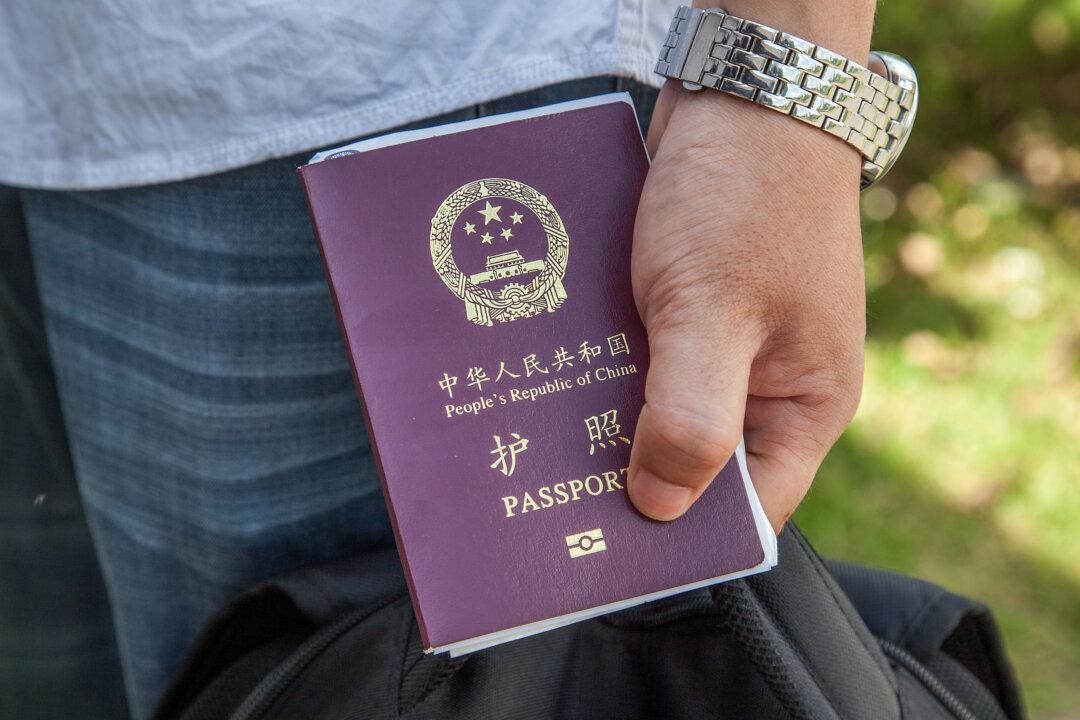NEW YORK—A Chinese national was recently turned away at a U.S. airport, in what might be the first known case of a visa ban due to the traveler’s status as a Chinese Communist Party member.
The person has a U.S. travel visa valid for 10 years. As the father of a U.S. citizen, he applied for a family-based immigration visa some months ago and had recently met with a Guangzhou consular officer for an interview, but was still awaiting a decision, according to his lawyer. Being advanced in years, the person didn’t withdraw from the Chinese Communist Party (CCP) for fear of affecting his pension benefits.





